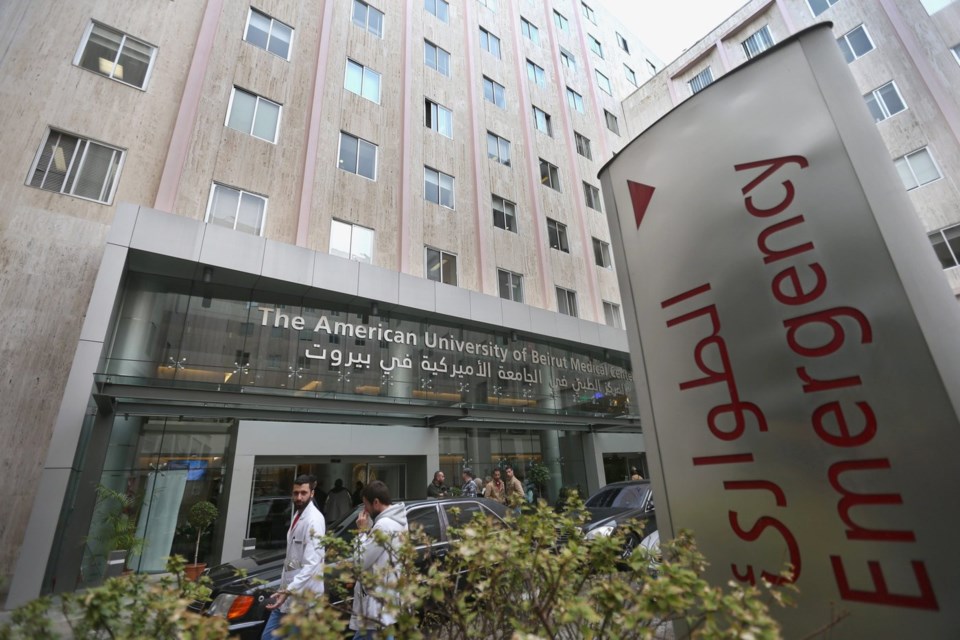HALIFAX — The Nova Scotia government is making good use of its relationship with Halifax's wildly successful Lebanese community, announcing on Wednesday that it had secured agreements with two universities in Lebanon to bring doctors to the province.
Premier Tim Houston said a five-year memorandum of agreement with the Lebanese American University in Beirut commits the school to sending 10 ready-to-practise physicians to the province. Two doctors from the university are expected to arrive in Nova Scotia each year of the agreement.
The province plans to spend $5 million during the life of the deal to cover the cost of medical school residency positions, as well as licensing exams and immigration and relocation expenses. In return, the doctors will be required to work in Nova Scotia for three years.
Meanwhile, the premier confirmed that two doctors from the American University of Beirut were already practising in Nova Scotia and another two were on the way.
The two schools are accredited American universities, and as such, each institution's graduates can practise in Nova Scotia as if they had been educated in the United States.
"Making sure Nova Scotians have access to health care, this has been a priority of mine," Houston told a news conference at the provincial legislature. "We know how important these partnerships are."
As of May 1, more than 91,000 Nova Scotians were seeking a primary care provider, according to the province's online family practice registry. Houston said the number of residents looking for a family doctor had at one point peaked to about 160,000.
"I'm proud of the momentum we have on the health-care file," he said. "We're leading the country on a lot of metrics, and we're getting recognition across the country."
The premier paid tribute to the province's Lebanese community, which has earned a reputation for producing some of the province's most successful entrepreneurs. Much of the growing skyline in Halifax can be attributed to well-known real estate developers like Wadih Fares, president of WM Fares Group and the city's honorary consul of Lebanon. He was among those at the news conference.
"Look around the city," Houston said. "The Lebanese community built a lot of this city. So we've turned again to that strong friendship … and looked for help as we build up our health-care system."
Fares said the agreements were the result of discussions that started two years ago between him and Gus Grant, CEO of the College of Physicians and Surgeons of Nova Scotia.
"It's about the power of the relationship between Lebanon and Nova Scotia," Fares said. "This was never just about recruitment. It was about building lasting bridges of opportunity and trust .... (And) this is just the beginning. More doctors will come."
According to the Canadian Museum of Immigration in Halifax, the city's population of Lebanese Canadians is nearly four times the national average. "The community in general, including families from Diman and surrounding (Lebanese) villages, has had an outsized effect on the city of Halifax — its culture, food, street names, economy, and skyline," the museum says on its website.
Dr. Sola Aoun Bahous, dean of the Lebanese American University, said the agreements represent an innovative approach to addressing a worldwide shortage of primary care physicians.
"We see this as an expression of our mission: to train outstanding physicians who are not only clinically excellent but also globally aware and socially accountable," she told the Halifax audience via a video call from Lebanon.
Nova Scotia welcomed 253 new doctors between April 2024 and March 2025, a net gain of 187 doctors. Almost one-third were internationally trained.
This report by The Canadian Press was first published June 25, 2025.
Michael MacDonald, The Canadian Press


